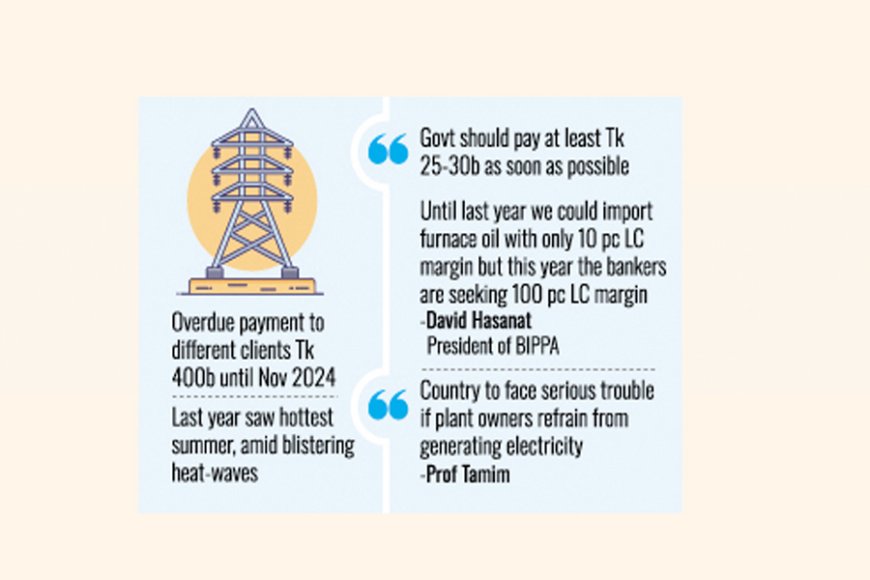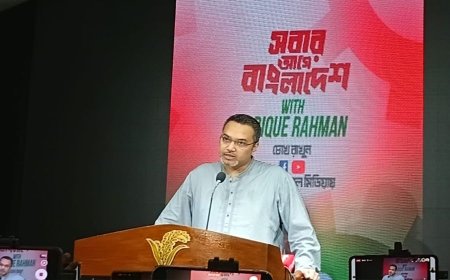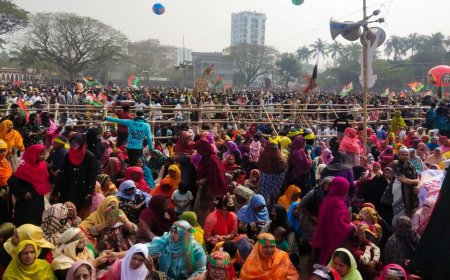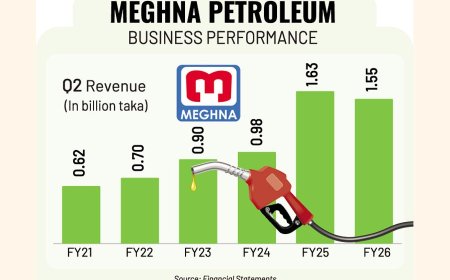Fuel imports uncertain due to payment arrears; power outages expected this summer
Fuel imports uncertain due to payment arrears; power outages expected this summer

Power Crisis Looms Over Bangladesh Amid Fuel Import Uncertainty and Payment Arrears
The increasing uncertainty surrounding fuel imports and unpaid dues to private power plants has heightened concerns over widespread load shedding in Bangladesh during the upcoming Ramadan and summer, according to industry insiders.
Unlike last year, various parts of the country are already experiencing power outages this winter, though not yet severe. With less than a month until Ramadan and peak irrigation season approaching, consumers fear prolonged blackouts if power plants remain inactive.
Officials reveal that the Bangladesh Power Development Board (BPDB) has struggled to pay power producers over the past two years due to the devaluation of the local currency following the Russia-Ukraine war in February 2022. BPDB's financial woes have worsened, with outstanding payments reaching Tk 400 billion by November 2024. Currently, it owes Tk 160 billion to different power producers, including Tk 100 billion to furnace oil-based plants and Tk 60 billion to other power facilities.
David Hasanat, President of the Bangladesh Independent Power Producers Association (BIPPA), stated that power plant owners have not received payments from BPDB for the past one and a half months. The financial strain has made it difficult to import furnace oil, exacerbated by commercial banks demanding a 100% letter-of-credit (LC) margin, up from just 10% last year. Hasanat urged the government to release at least Tk 25-30 billion immediately to facilitate furnace oil imports and maintain electricity supply during Ramadan.
In addition to furnace oil plants, overdue payments to coal-fired power plants raise concerns about severe load shedding in the coming months. A senior BPDB official pointed out that last year’s power crisis worsened when the country’s largest coal-fired plant, Payra (1,244 MW), shut down due to fuel import disruptions caused by a dollar shortage.
The outlook for gas-fired power plants is also bleak. A senior Petrobangla official stated that the country is already re-gasifying around 900 million cubic feet per day (mmcfd) of liquefied natural gas (LNG), near maximum capacity. While gas supplies to fertilizer factories and other industries may be rationed, power plants will still receive only about 1,200 mmcfd—half of their total requirement.
Energy expert Prof. M. Tamim warns that without immediate payments to plant owners, Bangladesh could face severe power shortages. He emphasized that the government must rely on conventional fuels for electricity generation, as renewable energy sources, like solar power, are limited to daytime supply.
The government is making efforts to improve the situation, with a senior Power Division official confirming that Tk 10 billion was recently paid to BPDB to support power-plant payments. However, concerns remain as Bangladesh braces for another sweltering summer, similar to last year when the country experienced its longest heatwave in five decades, with temperatures soaring to 43.8°C in Jashore on April 30, 2024.
During the extreme heat, Bangladesh generated a record 16,477 MW of electricity on April 30, yet demand still outstripped supply, leading to blackouts, especially in rural areas. According to the National Load Dispatch Centre (NLDC), the power shortfall reached 3,196 MW at 2 PM on April 29, 2024.
With fuel supply disruptions, unpaid dues, and increasing demand, Bangladesh faces a critical challenge in ensuring stable electricity supply in the coming months.
What's Your Reaction?




















































































